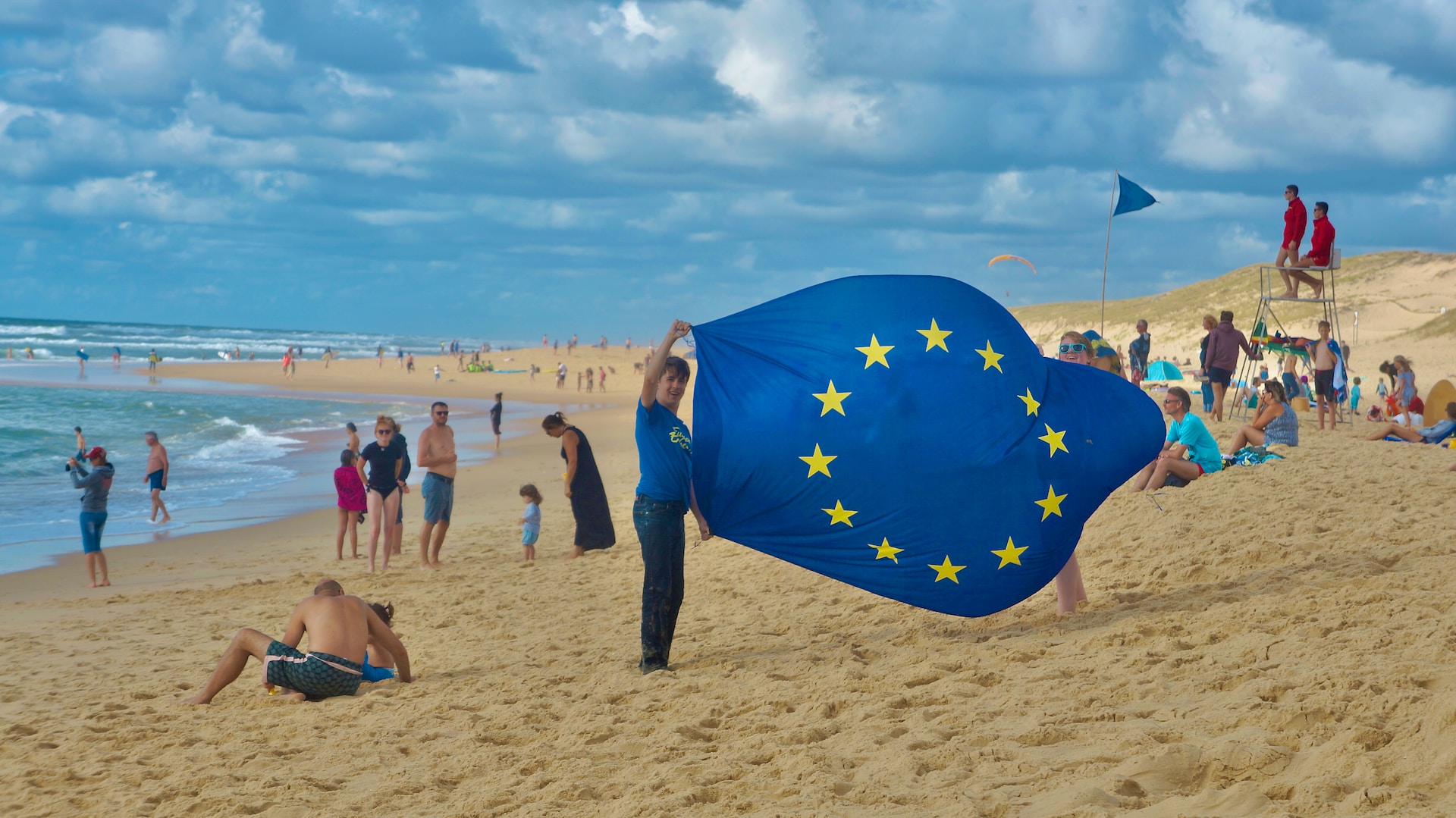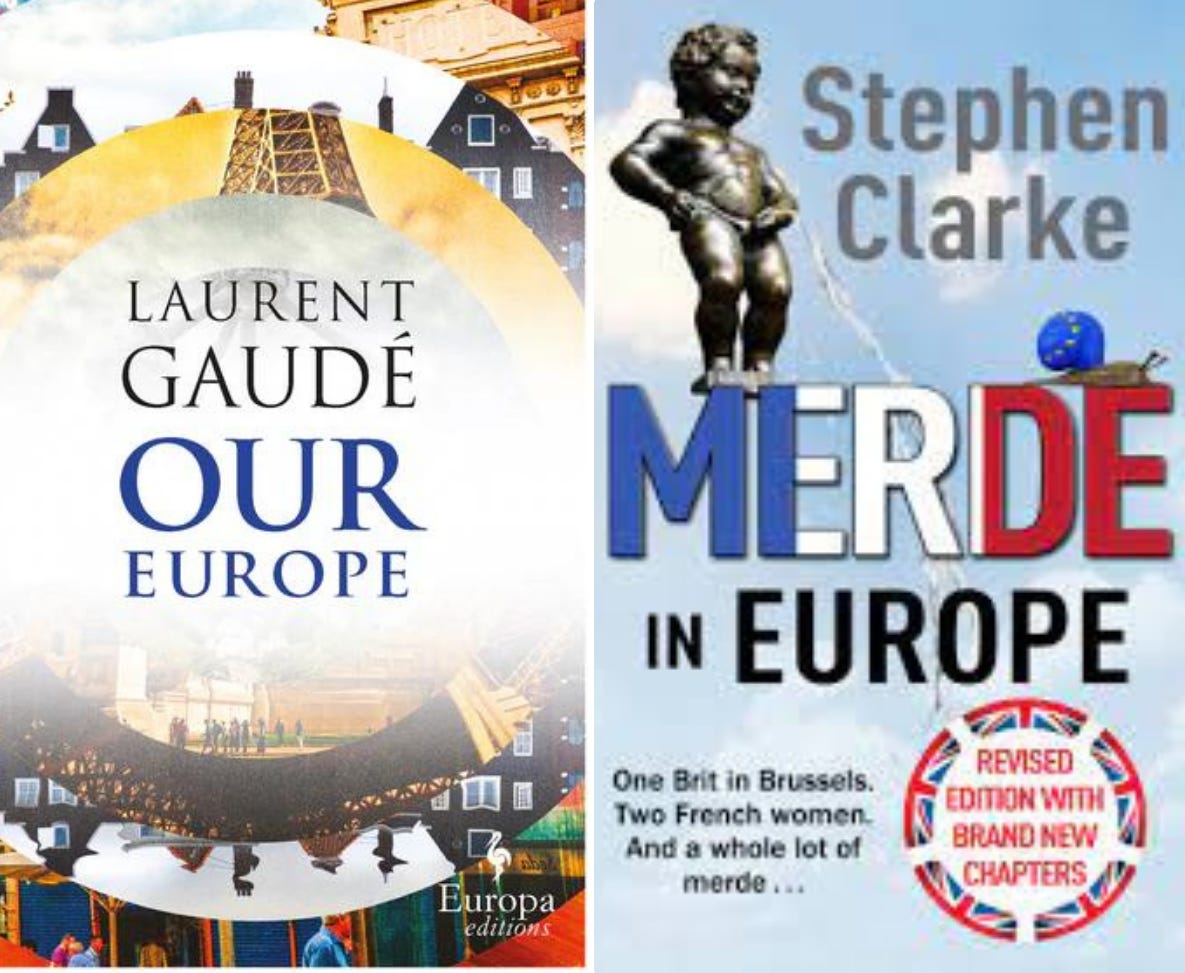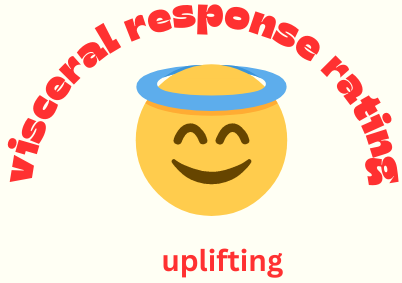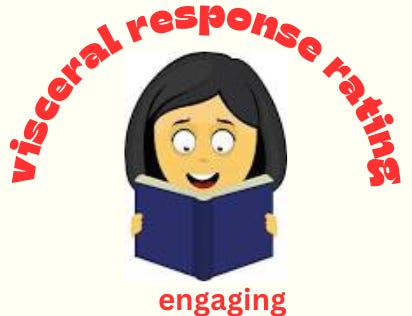Europe debates its destiny – and Ukraine
Here’s the full version of the Dec13 This Week, Those Books. Sign up for free at https://thisweekthosebooks.com/ and get the post the day it drops

Welcome to This Week, Those Books, your rundown on books new and old that resonate with the week’s big news story.
The few minutes it takes to read this newsletter will make you smarter, faster. If you’d rather listen, click on the audio button above for a human, not AI, voiceover by my close collaborator Michael. These book suggestions come with summary, quotes and a visceral response rating. Even if you don’t read the actual book, you’ll be able to discuss it. I never recommend a book I don’t like and I look through a number every week to find the few I share with you. Please spread the word. And find me on Twitter, LinkedIn, Facebook or YouTube.
Yours,

The Big Story:
European leaders decide whether to bring Ukraine formally into the 27-member European Union (EU), a top priority for Kyiv as it faces its second Christmas fighting Russia’s full-scale invasion.
- If Hungary’s Viktor Orban drops his objections to Ukrainian membership, a ‘yes’ decision would be historic for the EU.
- It would signal that despite the political distractions posed by Israel’s military offensive in Gaza, the EU remains fully committed to helping Ukraine in the bloodiest conflict in Europe since World War II. This matters, now that Western support for the Ukraine war appears to be faltering. The US Congress has not yet managed to agree a sweeping new $111 billion military assistance package that would include about $60 billion for Ukraine.
- The EU also has to seal a key budget deal to throw a €50 billion lifeline to Kyiv’s flailing war economy.
- Also on Europe’s agenda is the potential accession of Western Balkan countries – Moldova, Georgia, Bosnia, Albania, Montenegro, North Macedonia, Kosovo and Serbia. Despite a messy scorecard in terms of meeting EU membership standards, Russia’s invasion of Ukraine has boosted the long-term chance that at least some will make the cut.
- Were the EU to be very bold and accept a bunch of aspirants, it would bolster the bloc’s geopolitical clout, increase its internal market to some 500 million and address labour shortages.
The Backstory:
- The EU began in 1952 as a trading bloc of six, very similar neighbouring countries and expanded to 28. Croatia was the last new member to join in 2013, but after that, the EU lost a member, the United Kingdom.
- Now, the EU – vast and very diverse – goes much further than trade and reaches into almost every aspect of life on the European continent, including environmental issues, food labelling and diplomatic policy. On December 8, the EU agreed the world’s first comprehensive regulation for artificial intelligence, the AI Act.
- The European bloc is beset by east-west and north-south divides and democratic backsliding by member states Hungary and Poland has made others wary of further enlargement.
- Greek political economist Loukas Tsoukalis argues that the EU needs to transition on the world stage from soft to hard power, swapping the role of economic and regulatory actor for political and military player.
This Week, Those Books:
- A lyrical exposition on the European project.
- A hilarious novel about some of its frailties.

- Our Europe: Banquet of Nations
By: Laurent Gaudé
Publisher: Europa
Year: 2019

Prix Goncourt-winning French writer Laurent Gaudé opens his ode to the European Union – this is literally a poem – with the following words: “For some time now, Europe seems to have forgotten that it is the daughter of epics and utopias”. It’s true the dream of ever-closer union in the pursuit of peace has come to be seen as boring, bureaucratic, overbearing and wasteful. So Gaudé decided to use free verse to tell the story of how and why the union of European nations came about, as well as the continent’s history and politics. “We deserve the loftiest dreams, the maddest passions,” he writes of the project he describes as “a great banquet of nations”. It is stirring in its lyricism and hope.
Choice quotes:
“A long river of History runs through us and gives us the density of time./ Perhaps this is what we are: old children,/ Alliance of fatigue and enthusiasm.”
“We were born of utopia and discontent.”
“Nothing can stop the people once they catch the spirit of philosophers.”

- Merde in Europe: A Brit goes undercover in Brussels
By: Stephen Clarke
Publisher: Cornerstone
Year: 2016

This, the fifth of Stephen Clarke’s Merde novels, is good for laughs. A barrel of laughs; du tonneau de rire according to Google translate.
Englishman Paul West goes to Brussels to work for French MEP Elodie Martin just before the Brexit referendum. There, he gets an inside view of the EU parliament, whose members have “the power to turn their personal crusades into law”. They spend much of their time “listening to debates about the minimum size of haddock” and ensuring they get their per diem allowances. As well-paid eurocrats schmooze and scheme, West contemplates his home country’s decision to leave the EU. Should he apply for a French passport in order to work in Europe? And can an Englishman ever really become French?
In a style reminiscent of Bill Bryson, Clarke shows us some of the funny and loveable aspects – flaws and all – of the grand European project of ever-closer union.

